Developing WEEE regulations in Africa that do not damage the trade in used electrical equipment from the West is crucial to the continents development, according to Professor Margaret Bates.
Professor Bates was speaking at her inaugural lecture as a Professor of Wastes Management at the University of Northamptons Avenue Campus last Thursday (October 24) since being given the role in July (see letsrecycle.com story).
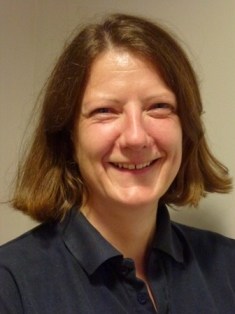
During the lecture, which focused on the development of waste electrical and electronic equipment (WEEE) regulations across Africa, Professor Bates explained that the trade of used equipment from the UK, Europe and America is vital for the continents education and healthcare sectors, where there is little money available to purchase new equipment.
And, Professor Bates, who has been at the centre of efforts from Europes WEEE sector to develop an African WEEE declaration (see letsrecycle.com story), said that it was important to help develop WEEE recycling in Africa, much of which is carried out by the informal sector, in order that this trade can continue.
She also warned that robust recycling regulations would be needed as the continent begins to generate more of its own e-waste.
Export
She said: What we have historically known meant by the e-waste problem is the export of electrical items from developed to developing countries. However, what is unfortunately lost is the importance of that trade in used equipment. In most African countries, 80% of the population cannot afford new equipment. It is important that we do not lose that trade in good quality second hand, functioning equipment.
You will still have a problem until you have a recycling solution, this is especially important for developing countries as they become more developed they will be generating more of this waste themselves. It is estimated that by 2030 they will be generating between 400 and 700 million obsolete PCs per year.
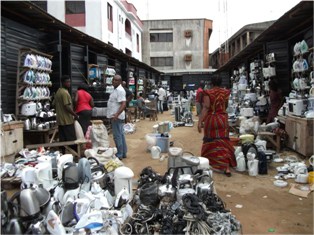
Professor Bates went on to outline her role in the OEM Alliance – which includes WEEE reprocessor Reclaimed Appliances, EEE manufacturers Hewlett Packard, Dell, Nokia and Philips and the United Nations Industrial Development Organisation (UNIDO) – who were present at the African Ministerial Conference on the Environment (AMCEN) in Arusha, Tanzania last month.
She has been working alongside the OEM Alliance since 2008, and has provided expertise to a number of African policy makers on the development of e-waste recycling laws, as well as speaking at the Pan African Forum on E-Waste in Nairobi, Kenya in March and the United Nations University E-Waste Academy in Accra, Ghana in June this year.






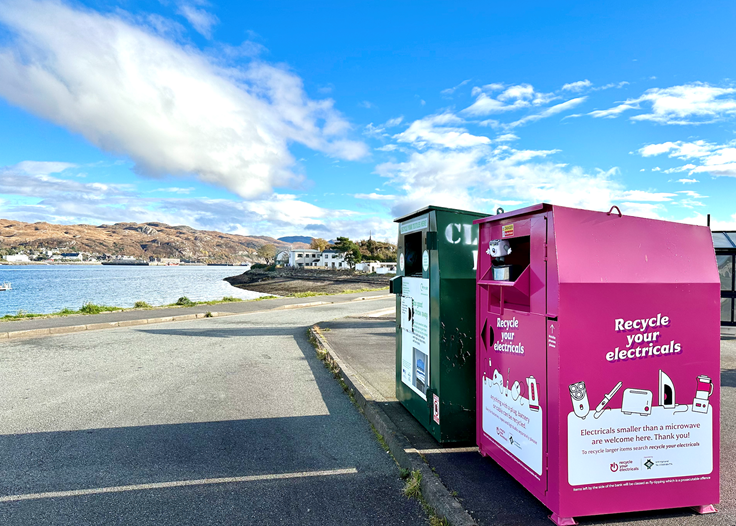
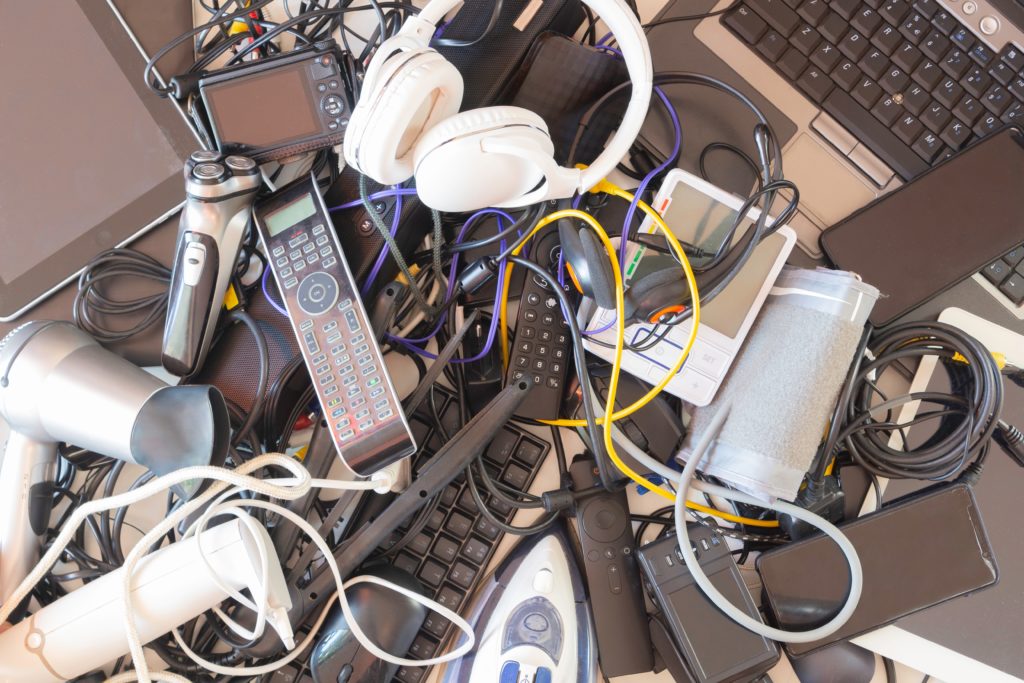
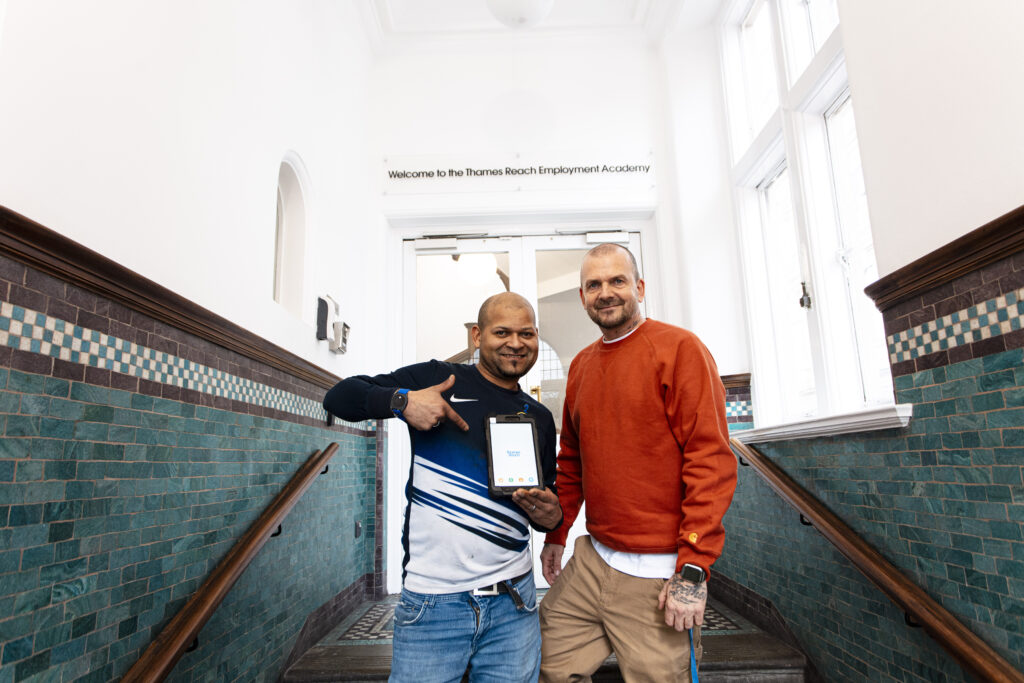

Subscribe for free